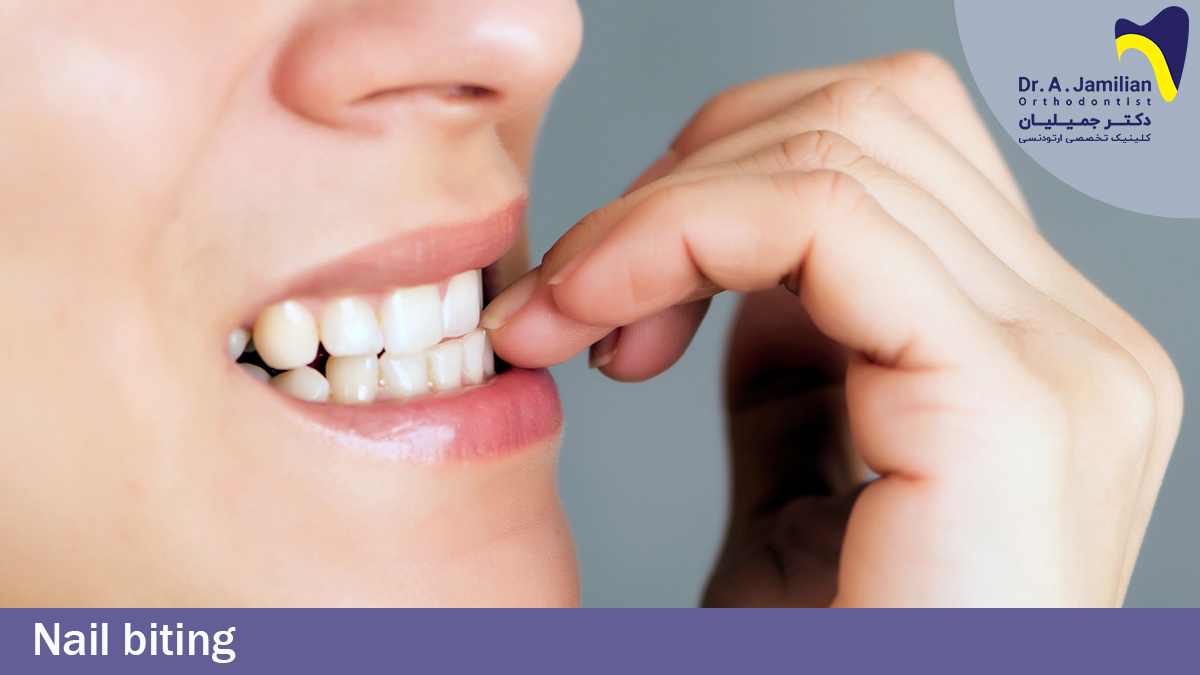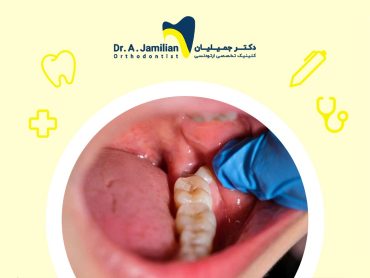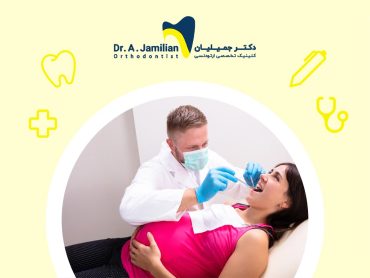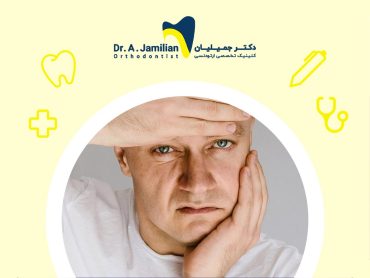There are different types of habits, of which some are worse than others. Thumb Sucking is a habit, but nail biting is an act by the child to reduce internal stress, for example during anger tests anger, tests, watching action movies, or reacting to hostilities from favorite individuals, such as the mother, whom the child is angry at.
Nail biting does have serious effects, to learn about them read the entire article.
Nails are the most sensitive parts of the skin that protect fingertips from physical and thermal damage. Delicate objects can be easily lifted with fingernails, and sewing with small needles is also thanks to nails. Nail biting, however, damages the surrounding skin and allows small microbes under the skin. If this continues with immense amounts of microbes, contaimination will increase and also accumulate under fingernails. Then, they will be transferred into the mouth after biting.
The most important disorder in 3-12-year-olds is nail biting. It’s more common in girls, but also seen in adults and boys. In addition to damaging your fingers, it also damages oral and dental tissues and causes supraclusion and maxillofacial problems. The most important of which is the maxillary, mandibular incisor separation and glossocele, these cause ankyloglossia and in producing sounds while speaking.
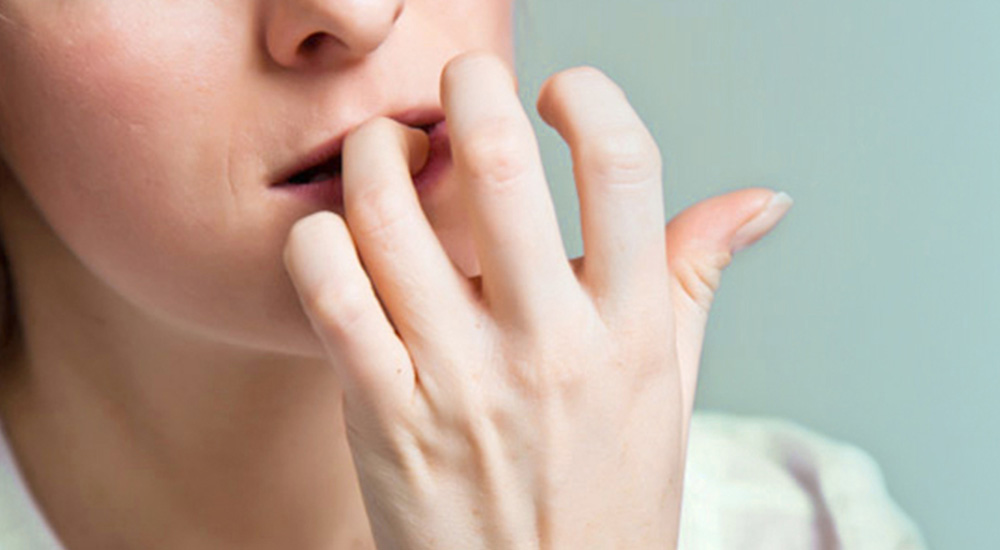
Factors affecting nail biting
There are several factors involved in nail biting. Excessive anger as a result of stress, anxiety, expectations of the child beyond his or her ability, problematic behaviors at school and the type of teacher’s treatment of the child are often among these cases. Malnutrition is often found, which is caused from a deficiency of vitamin A and iron. This leads to aggravation of nervous conditions and tends to eat substances such as dirt or nails. parents should consider the following points so as to make the child quit nail biting:
The best ways for quitting nail biting
The person should increase the quality of the family’s emotional space and create a joyful and safe space. When evaluating, always pay more attention to their strengths than their weaknesses. Encourage positive behaviors and be indifferent to their negative behaviors. Avoid rebuking, don’t compare, others shouldn’t discriminate between them, delegate responsibilities at the house and school according to their abilities. ,not exposing the person to terrifying situations, including horror films and seeing imaginary and superstitious creatures.
Provide suitable entertainment during your child’s daily schedule. Identify your children’s talents and facilitate their participation in group games, social collaborations, schools, entertainment, and joyful and active sports. Avoid punishment, sore thumb, rubbing pepper on finger, and hitting their fingers with a ruler.
For parents, a very effective method is to encourage and reward the child for their efforts in quitting nail biting (surprise them when they receive the reward). Having playmates and entertaining toys can also help your children quit their habit. Ridiculing and threatening will do no good. The treatment should include understanding the problem and helping the person to find a suitable personal compromise and solutions to relieve themselves of emotional strain.
Before the child sleeps, bathing the child before sleep, especially in a bubble-filled tub, excites and emotionally lulls to sleep. If the child needs to be more relaxed, rub their back or lie next to them in their bed, and listening to stories during sleep can be helpful. In the first few nights, the child may want a person to lie next to them. With each passing night of that, gradually reduce the time you spend with your child. Playing soft and calming music is incredibly helpful while turning off the lights.
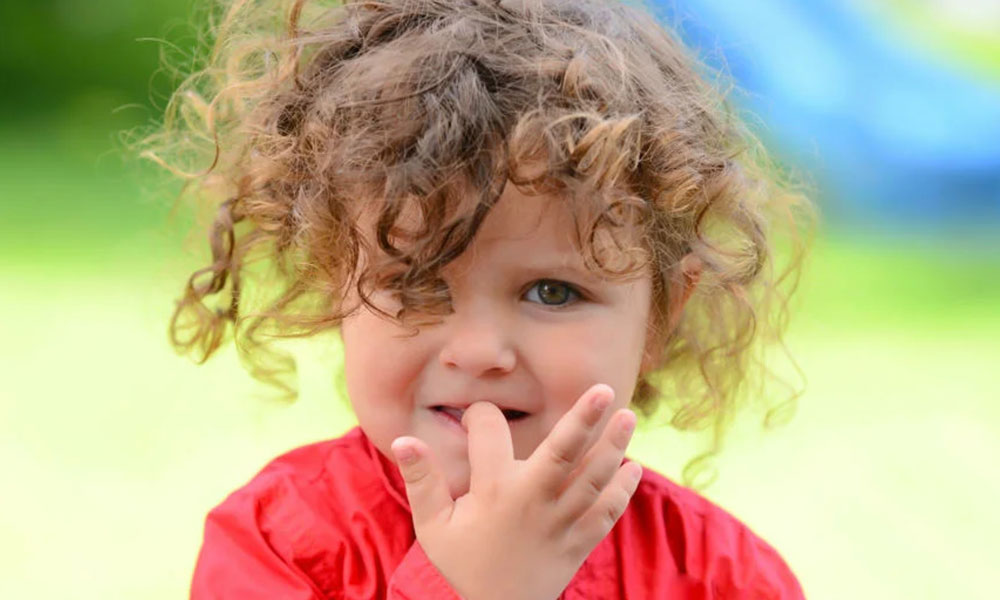
Children may have bad and undesirable habits, such as thumb sucking, hair curling, bruxism (gnashing of teeth), nose-picking, chewing on objects, e.g. a pencil, obsessive scratching, head banging, biting themselves, e.g. on the hand, shaking their body parts, e.g. the leg, twirling, skin peeling, and nail biting.
In many cases, such habitual disorders can be solved with the help of patients, teachers, or a useful guide.
In a few cases, however, , children hold onto these habits until adulthood, either voluntarily or involuntarily. Nail biting is one of the most common habitual disorders in adults. The affected individuals often bite their fingernails during anger, nervous pressures, exhaustion, or in tense environments.
According to statistics, nail biting is common in children and teenagers, whereas 5% of them continue to have this habit as adults.
Possible Causes of nail biting
Some researchers believe that the most common causes for nail biting include stress, depression, and exhaustion.
Other possible causes for nail biting and other disorders include: consuming narcotics, especially amphetamines and cocaine, important mental disorders, brain diseases, mental retardation, and lacking one of the five senses (such as hearing or eyesight).
Nail Biting Symptoms
It’s not unnatural for children to bite their nails, suck their thumb, or have other habitual disorders for a short time. If such habits become permanent and / or intensified parents and other relatives should consider treatments. Symptoms of nail biting in an individual include:
- Short and ridged fingernails
- Oral herpes
- Fungal nail infection, which causes skin redness and inflammation around the nail (paronychia)
- Finger lesions caused by the herpes simplex virus
- Eruption of decaying and damaged tooth in the child
- Gingivitis and gum bleeding
- Incisors’ fractures or cracks
- Warts around nail folds
- Nail Fungus
Effects of nail biting
In addition to a sense of embarrassment due to nail biting and having unpleasant nails, nail biting has other negative and harmful effects, including:
Oral infections
While biting nails, the hands are often dirty. This leads to harmful bacteria and microbes causing oral, lip, and gingival infections. Did you know that about 2000 skin infections have been found in nail polish salons? Only then will you realize how susceptible you become to illnesses when you bite your nails.
Dental Problems
You will damage your teeth if you bite your nails, especially the incisors. This is caused since nails are hard. This specific habit changes your teeth’s appearance. Logically, your incisors will be fractured or cracked in addition to having undesirable hands.
Inability to use hands
If you have a habit of constantly biting on your nails and having your hand inside your mouth, you cannot correctly carry out your professional duties. In severe cases, nail biting prevents the person from performing their normal and daily acts.
Nail infection
Nail biting causes your nails to become weak and loose, letting bacteria enter small cracks and wounds in your nails. Although some nail infections are treated easily, others such as nail infections are hard to treat.
Frequently asked questions regarding nail biting
1-What is nail biting?
Nail biting is a fairly common habit that includes people of all ages. The chronic or compulsory habit of nail biting is due to anxiety, stress, insecurity and other probable reasons. Studies show that 30% of people are used to biting their nails. The habit of biting nails may also occur in adults.
2-What factors cause nail biting?
Nail biting is a stress relieving habit that has been adopted by many children and adults. It happens in people when they are nervous, stressed, or hungry, and lack something, and this is a way to cope with these feelings.
3-Why can’t I stop biting my nails?
Nail biting is a way to relieve stress. One method to avoid biting your nails is by engaging in an activity, especially one that keeps your hands busy. Most nail biting is automatic to your brain, thus doing it without thinking.
4-Is nail biting an addiction?
Nail biting is an addictive habit. Millions of people all over the world suffer from this painful addiction, which is often harder than quitting smoking. But, it is often overlooked as a somewhat benign habit.
5-How can we prevent nail biting?
Cut and trim your nails. If there are not enough nails to take your teeth, it will not be satisfactory when you try to bite. A few ways could be to cover them with bad taste, glue on the nails so you can’t bite them, and chewing gum in order to keep your mouth busy.
6-Will nail biting cause stomach problems?
When you bite your nails, the bacteria under the nails enter your mouth and intestines to the point where they can cause gastrointestinal infections, leading to diarrhea and abdominal pain.
7-Is nail biting a sign of anxiety?
Nail biting is associated with anxiety because this habit relieves stress and tension. People who regularly bite their nails often report doing so when they feel nervous, bored, lonely, or even hungry.
